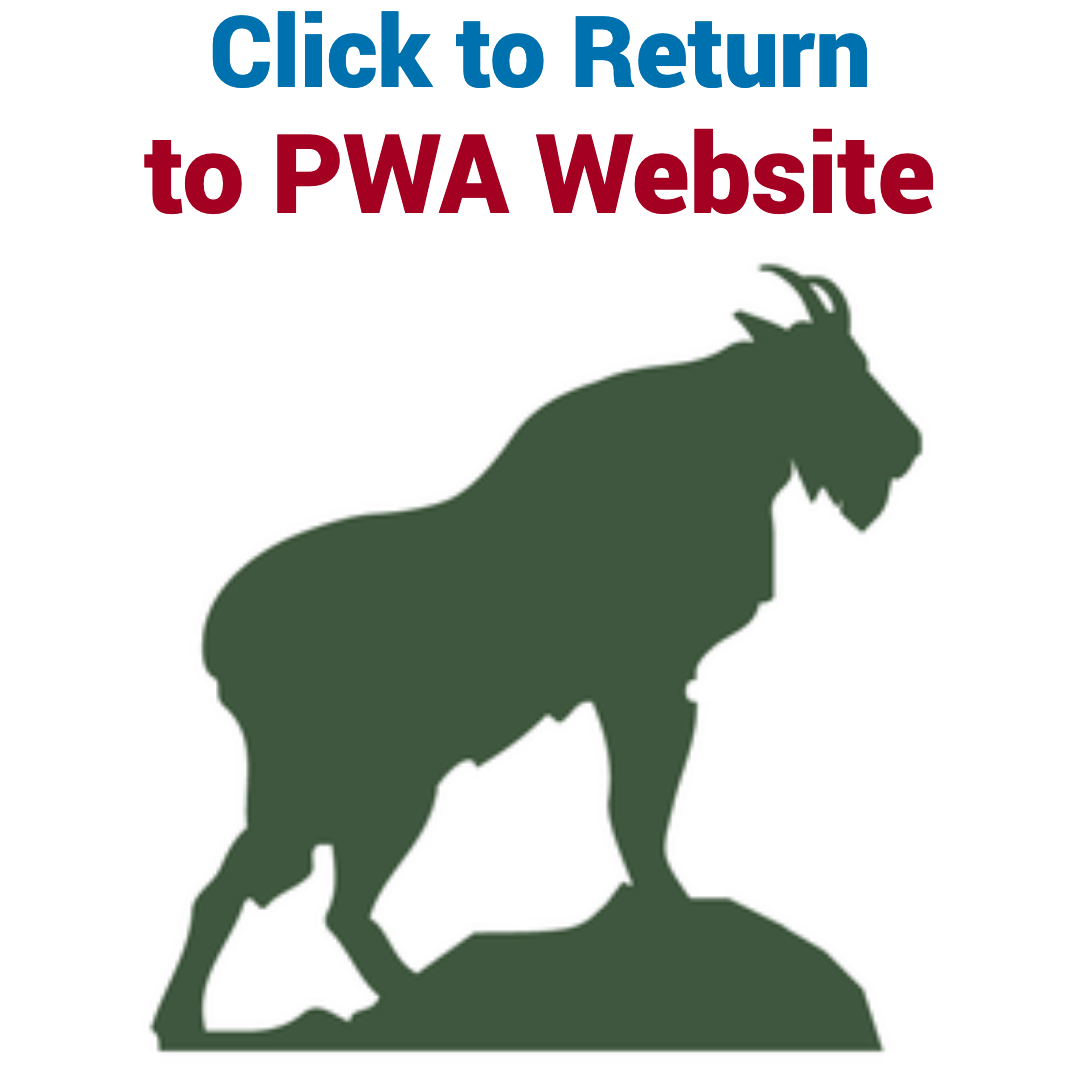Tenquille Owl Lakes Recreation Area (TOLRA)
MECHANIZED USE ON ALL THESE TRAILS IS PROHIBITED – including Mountain Bikes
NO HELICOPTER ACCESS is permitted within the entire Tenquille Recreation Area (a non-motorized zone) without prior and written permission granted by Alistair McCrone, District Recreation Officer (Sea to Sky Recreation District), Recreation Sites & Trails BC This email address is being protected from spambots. You need JavaScript enabled to view it..
Dogs, pets and horses are NOT permitted in the Tenquille Lake Recreation Area, cabin or tent sites. Registered Guide Dogs for the visually impaired are exempt from this prohibition.
The Tenquille Lake to Owl Lakes Recreation Area is 730 hectares of wilderness threaded by four main trails (totalling over 50km with many km of secondary side trip trails). The primary routes are:
- Chain Lakes Trail
- Chain Lakes to Tenquille Lake (multi-day traverse)
- Lillooet River to Tenquille Lake (Historic Tenquille Lake Trail)
- Branch 12 (from Hurley FSR) to Tenquille Lake Trail
There are also two Wilderness Recreation sites:
- Chain Lakes Recreation Site
- Tenquille Lake Recreation Site: cabin and tent sites require advance reservations, you must have a confirmed reservation PRIOR to arrival - there is no cell service on site.
TOLRA - Trails Overview
Donations to help maintain the Tenquille Owl Lakes Recreation Area are gratefully accepted.
Avalanche Terrain Exposure Scale (ATES) mapping for the Tenquille Lake area is now posted on the Avalanche Canada website.
MECHANIZED USE ON ALL THESE TRAILS IS PROHIBITED – including Mountain Bikes Please stay on established trails only and leave the motorbike / ATV / mountain bike at home.
Traveling on these wilderness trails is wholly at the user’s risk. There is no cell phone coverage. Mountain weather is unpredictable and you may encounter black & grizzly bears, cougars, wolves and other wild creatures. Be prepared with proper clothing, food/water, footwear, map/GPS (and extra batteries), whistle and bear spray. Don’t hike alone and tell someone where you are going and when you expect to return. In winter and spring there can be high avalanche dangers on some trails. Prepare to encounter snow on the trails from late October to early July (at higher elevations).
These are also multi-use trails so be courteous to all hikers, fishermen and hunters [in the fall].
Garbage: PACK OUT what you pack in, all food remains & wrappers – so that wildlife does not become a nuisance or a threat.

